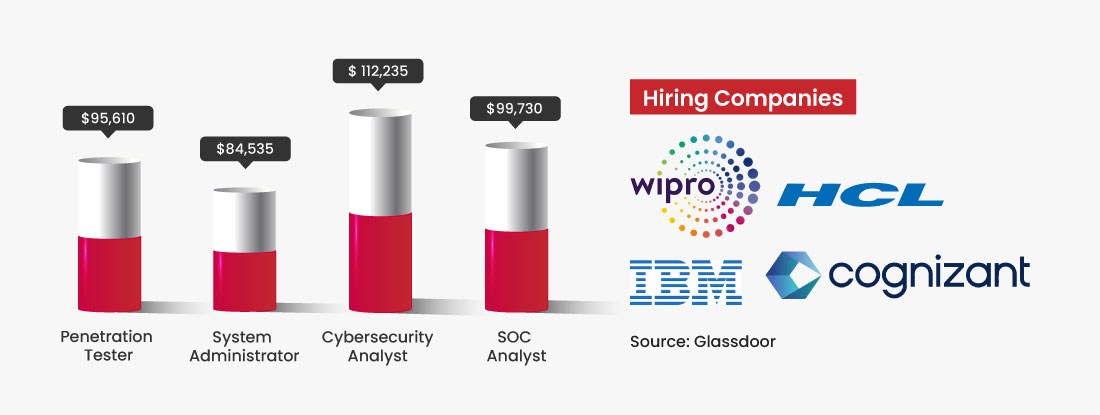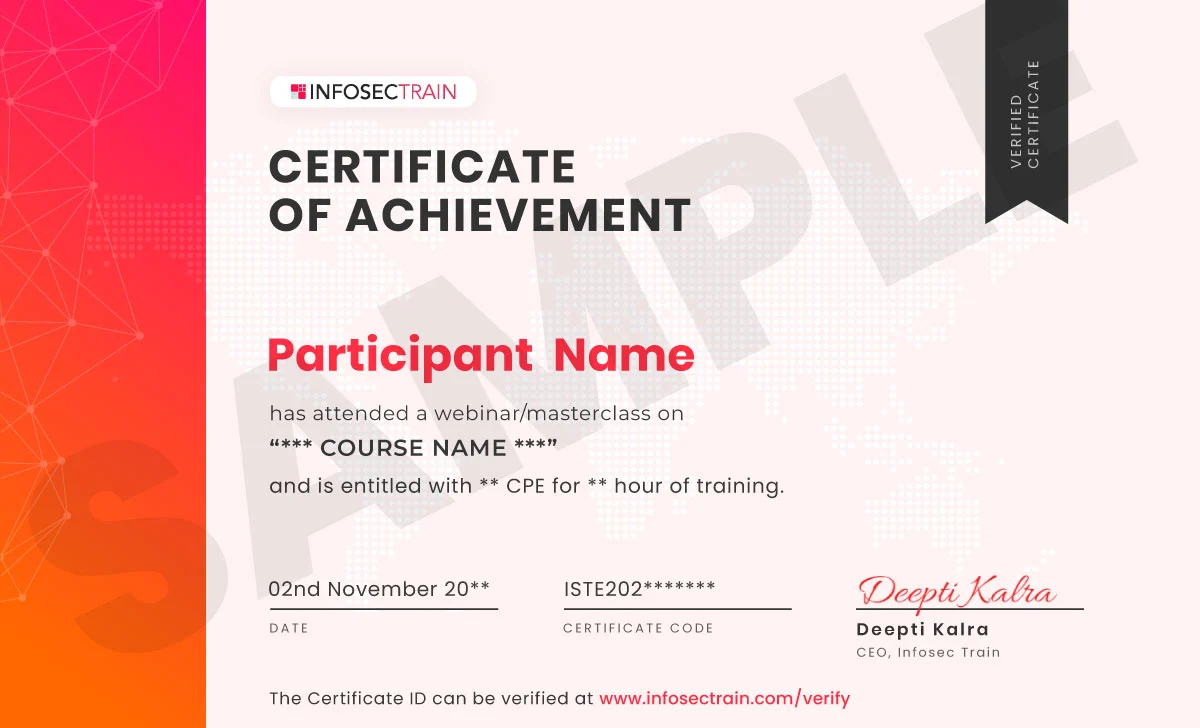Cyber Security Expert Online Training
The Cybersecurity Expert Training Program is the only program that covers both offensive and defensive security in a practical hands-on setup. The course will cover SOC concepts as well as fundamentals of ethical hacking and penetration testing. Top tools covered in this course are – Splunk, 69phisher, NMap, Metasploit and many more.















 5th Sep: Weekend
5th Sep: Weekend 




 Thoroughly enjoyed the course and the continuous support from the entire team..
Thoroughly enjoyed the course and the continuous support from the entire team..





 Certified & Experienced Instructors
Certified & Experienced Instructors Post Training Support
Post Training Support Customized Training
Customized Training Flexible Schedule
Flexible Schedule Access to Recorded Sessions
Access to Recorded Sessions 



 1800-843-7890 (India)
1800-843-7890 (India)